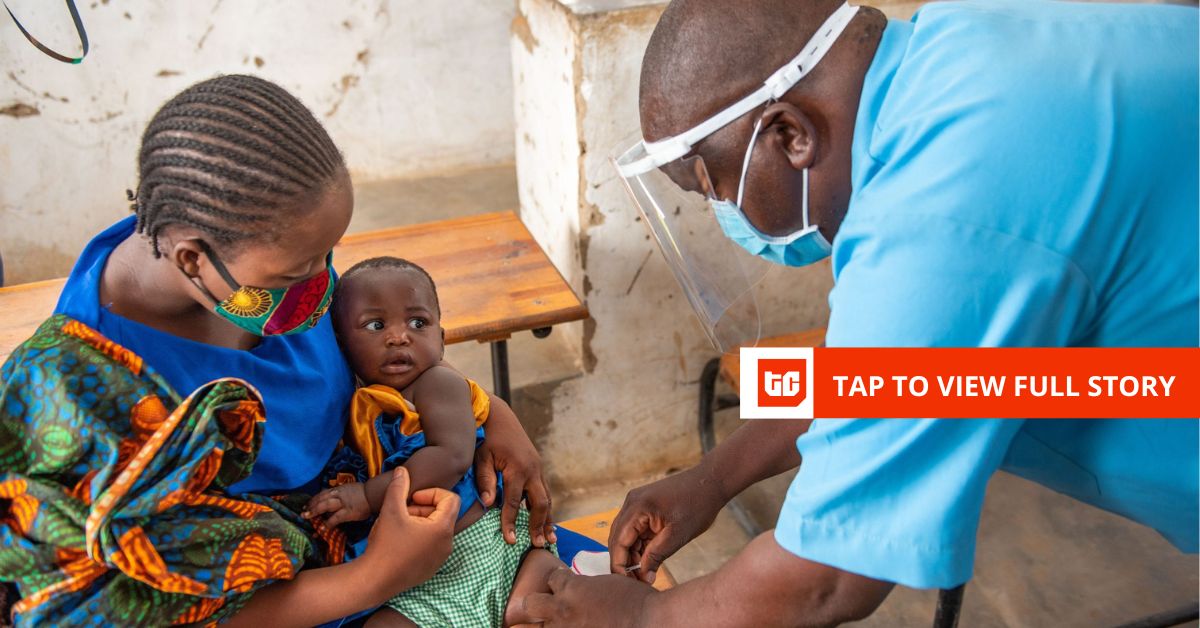Duniya Healthcare, a Zambia-based pharmaceutical and health logistics startup, says it helped rural health facilities avert 578 deaths in six months, nearly double the 299 deaths prevented at comparable facilities that relied on traditional procurement systems, according to a new impact report.
The study, conducted by Duniya Healthcare in partnership with the Zambia Conference of Catholic Bishops (ZCCB) and the Africa Health and Economic Transformation Institute (AHETI), provides quantitative evidence linking stronger medicine supply chains to lower mortality in rural areas. It tracked 16 Catholic mission hospitals and rural health centers across Zambia between January and June 2025. Eight facilities used Duniya’s Rural Distribution Model (RDM) while eight others served as control sites.
The report comes amid long-running concerns over Zambia’s fragile medical supply chain, where frequent stockouts and delayed deliveries continue to undermine rural healthcare.
Despite government efforts to stabilise supply, most public and faith-based facilities still rely on inconsistent deliveries from central warehouses or ad hoc procurement through private wholesalers. The Duniya study provides rare quantitative evidence that improving distribution efficiency can significantly cut preventable deaths in remote areas.
To measure deaths averted, researchers adopted a comparative quasi-experimental design, tracking eight facilities using Duniya’s Rural Distribution Model against eight control facilities using traditional procurement systems. Both groups operated from January to June 2025. Researchers collected and analysed the data in July-August 2025, applying condition-specific case fatality rates, drawn from national and peer-reviewed data, to patient treatment records for eight high-burden diseases, including malaria, pneumonia, hypertension, and severe anemia. This approach enabled direct comparison of mortality outcomes between facilities with and without strengthened supply chains.
Pilot facilities recorded the strongest impact in reducing deaths from malaria, pneumonia, and hypertension. Across the pilot sites, 311 malaria deaths were averted, along with 167 from pneumonia and 67 from hypertension complications. In comparison, control sites averted 56, 87, and 153 deaths, respectively.
The report attributes the mortality difference primarily to medicine availability. Facilities supported by Duniya achieved 88% availability of essential medicines, compared to 71 percent at control sites, a 17-point gap that often determined whether patients received treatment or were turned away.
The analysis also showed that only 38% of Duniya-supported facilities reported turning patients away due to stockouts, compared to 67% among control facilities. For diseases with high fatality rates, that difference can mean survival or death. “The preferential option for the poor is our sacred mandate,” said Bishop Evans Chinyemba, who oversees health for ZCCB. “Through this partnership, we are putting our faith into action, ensuring that even those in the furthest villages receive the medicines they need to live.”
Speed was another critical factor. 88% of orders at pilot facilities arrived within seven days, compared to 63% at control sites, some of which waited over two weeks for delivery. Duniya’s model aggregates demand from multiple rural facilities into bulk orders large enough to attract competitive bids from wholesalers in Lusaka. The platform then breaks down bulk shipments and delivers individual consignments directly to each facility at no transport cost.
“It’s the same network strategy that brought telecoms to rural Africa,” said Duniya CEO Mwansa Chalo in an earlier interview. “You make scattered demand visible and economically viable.”
The approach also freed up facility budgets. Only 19% of pilot facilities delayed procurement due to cost constraints, compared to 41% of control facilities. All pilot sites followed predictable monthly ordering schedules, while a quarter of control sites ordered reactively after shelves were empty. About 75% of pilot facilities used electronic inventory systems, reducing forecasting errors and medicine wastage, a 12-point improvement over control sites.
Still, the report found gaps. When stockouts did occur in pilot facilities, some lasted up to 30 days, suggesting exposure to funding or supplier delays. Affordability also remained inconsistent, with 62% of all facilities, both pilot and control, saying medicines were only “sometimes affordable.” Control facilities cited delayed government grants, incomplete deliveries from the Zambia Medicines and Medical Supplies Agency (ZAMMSA), and high transport costs that forced tradeoffs between buying medicines and covering delivery expenses. Some pilot sites also reported challenges with emergency orders, where the standard aggregation process proved too slow for urgent needs.
To address these weaknesses, Duniya plans to establish emergency buffer stocks, secure additional supplier contracts, and simplify payment processes so that facilities can pay Duniya directly. The company also intends to integrate more closely with ZAMMSA to complement, rather than compete with, national systems and ensure universal adoption of electronic inventory management tools across all supported sites.
With a five-year contract from ZCCB already secured, Duniya is set to expand its model to more Catholic mission facilities across Zambia. The Catholic Church operates over 75 mission health facilities, the country’s largest faith-based health network. At current performance levels, the report estimates that nationwide deployment could avert more than 10,000 deaths annually.
ZCCB has also expressed interest in replicating the model in Kenya and Uganda, where Duniya plans to launch in early 2026. “The 578 lives saved are not just numbers,” Chalo said at the launch event held on October 20 in Lusaka. “They represent mothers, children, and families given a second chance. This partnership proves that when innovation meets compassion, even the most remote communities can access life-saving care.”
In July 2025, Chalo told that his goal is to make Duniya the largest pharmaceutical distribution network in Africa. The company’s latest results suggest that ambition may not be far-fetched.












